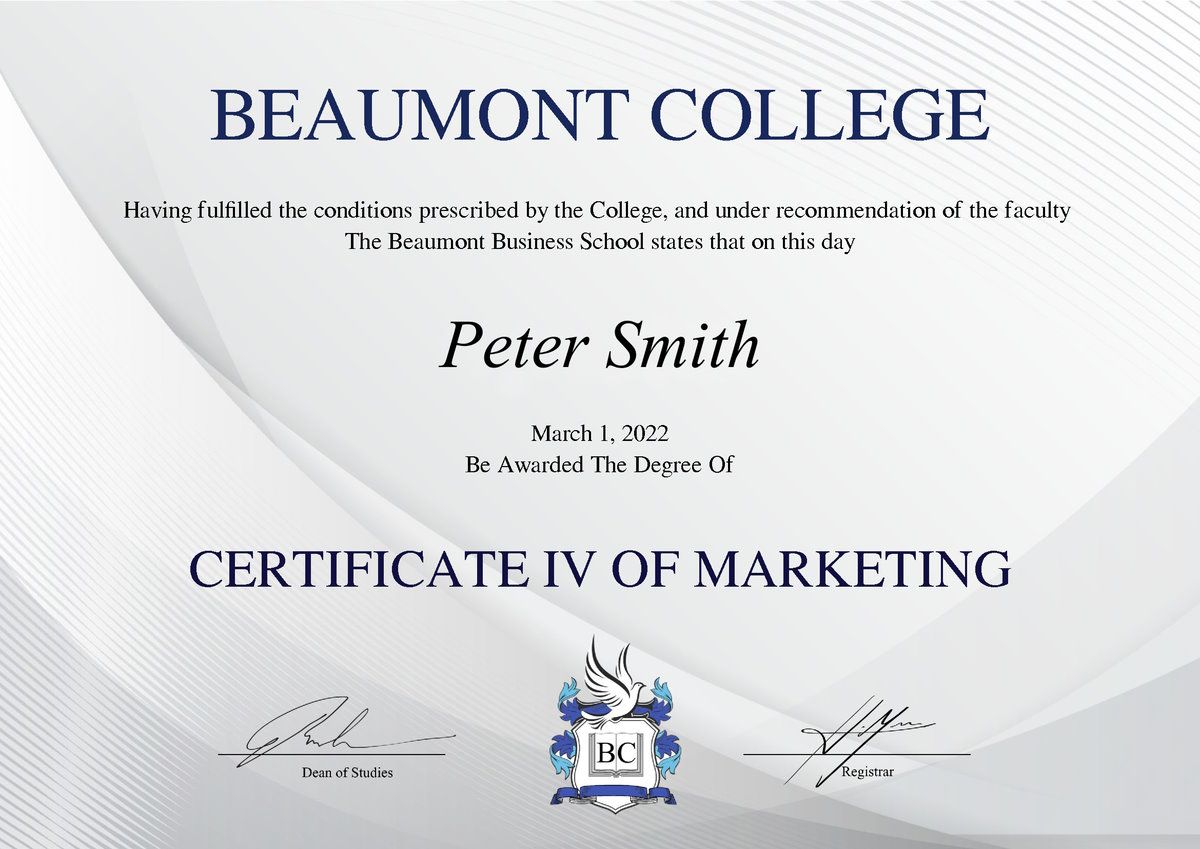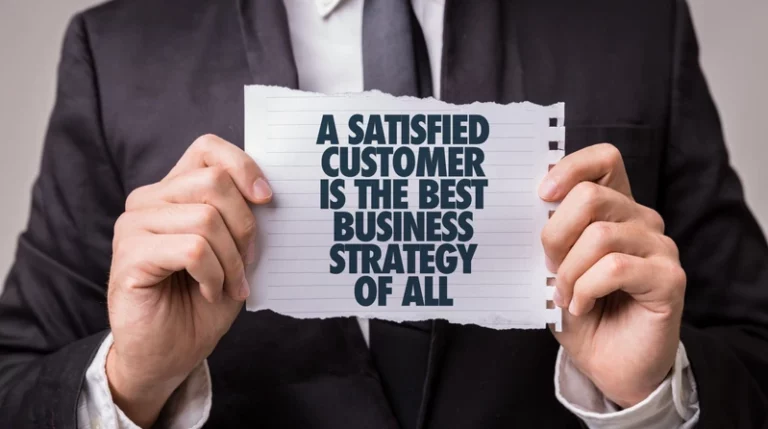As a marketing enthusiast I wish I could say powerful marketing is the secret to building service businesses.
Get real, it’s referrals and word-of-mouth. Online lead generation brings in comparison shoppers, and that’s useful, but takes more work. If you’re on a small business budget, ads usually bring in – not much at all. New business sales calls are an endless grind.
Say “we’re great!” in your own marketing and it’s lost in the swarms of other self-basting businesses saying the same thing, which customers just assume to be a lie anyway. Referrals turn up on your doorstep pre-sold by one of your other lovely clients, expecting you to be good at that thing you do.
So where do referrals come from? From you being the best?
Not really.
Think about your own purchasing habits. Could you recommend a good motor mechanic or accountant? Or some other service person you’ve recommended before? Let’s say it’s your accountant. How up-to-date is she with changes to retirement planning law? Or capitalization of goodwill? How are her Excel skills?
You have no idea. You don’t know how good your car mechanic, accountant or dentist are. The whole reason you need them is because you don’t understand what they do. You wouldn’t be able to rank your dentist’s skills accurately against the entire population of dentists.
So choosing a service supplier is a two-step process.
Step 1: Are they basically up to it?
You don’t know if they’re the best, but you know if they’re good enough. They have certificates. They’ve done nothing to make you doubt their competence. They usually get stuff done on time, and that’s often your only objective measure of their skill.
That’s good enough to proceed to step two. They could improve their skills another 47% through further professional development, and you would never notice. Good enough is good enough. But they won’t get referred unless they pass the final test.
Step 2: Do you like them?
Sorry MBAs but it’s hard to assign a KPI number to likeability. It’s the vibe.
Do they seem to understand you?
Are they pleasant to work with?
Do you feel they give you a good deal?
Do they remember little details about you?
Are they interested in what you’re trying to achieve? Are they keen to help you do it?
Do they keep you informed if something’s running late or going wrong?
When they make a mistake – which everyone does – do they own it honestly and quickly?
These are the building blocks of likeability. If you like them, then they are a great accountant. So you’ll use them forever. And you’ll refer them to your friends.
This is how you build any service business. Any hour spent getting to know your client better is generally more productive than an hour spent making yourself technically better at your job. Ask. Listen. Remember. Don’t talk over them.
Remember that half of being likeable is not being dislikeable. Don’t assume everyone is the same as you. A supplier of ours opens most conversations with insulting references to one side of politics, on the assumption that because we are business people, we’re on the other side. Maybe we are, maybe we aren’t. My politics are of no interest to you, but it’s dangerous to assume everyone’s on your team when about half the population clearly isn’t.
by IAN WHITWORTH.
Original article at https://www.smartcompany.com.au/marketing/networking/business-success-being-well-liked/










